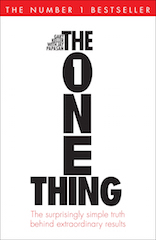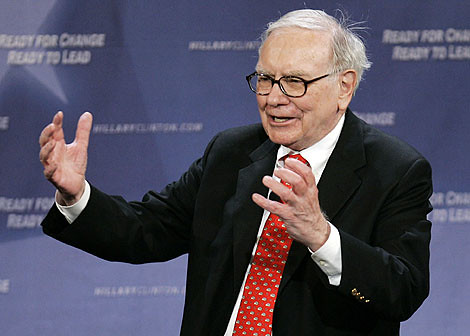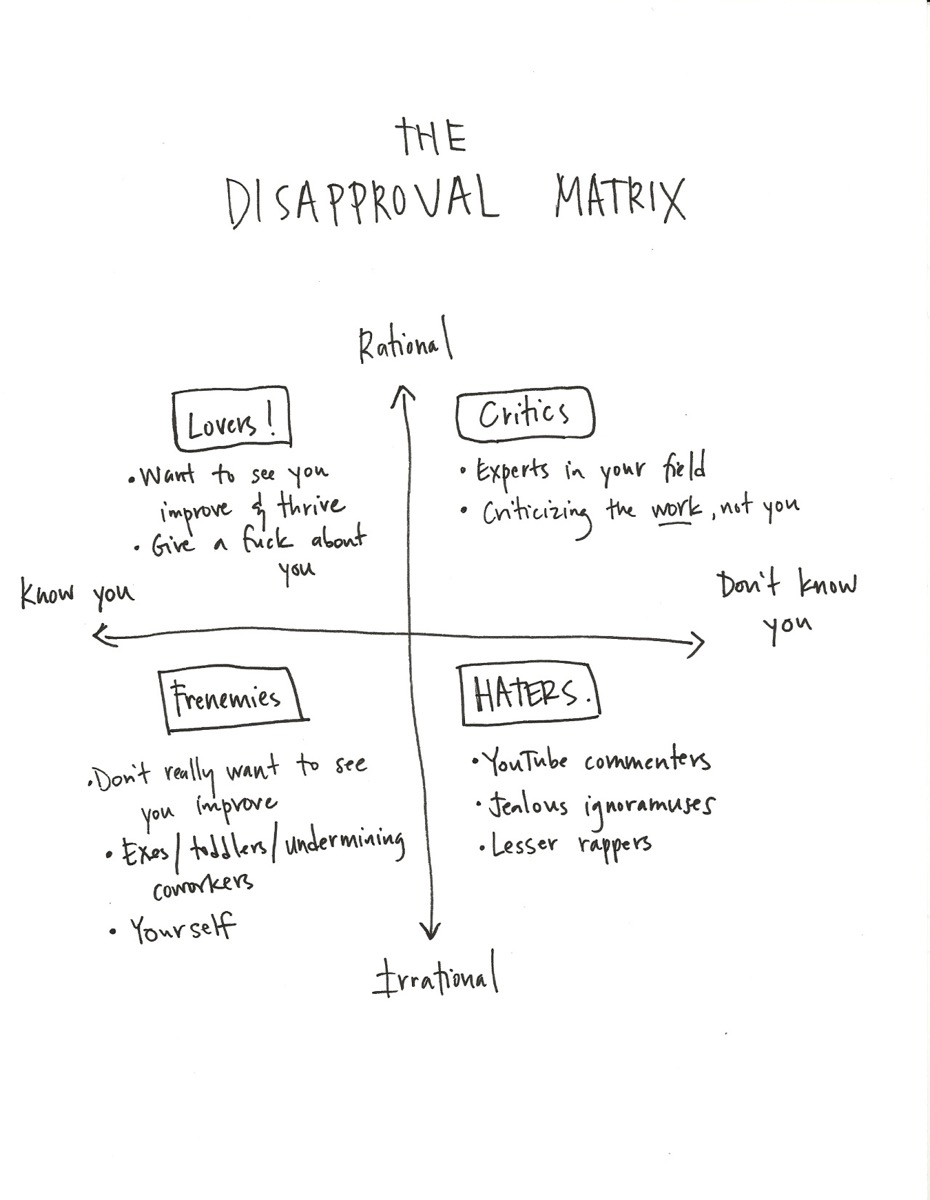Note: I have long kept written notes on index cards about the books I read. I decided to share some of these thoughts here, and will be posting them, one by one on individual books, in no particular order. I’ll group them all together on a central page later. Thanks to Derek Sivers for the inspiration.

The One Thing: The Surprisingly Simple Truth Behind Extraordinary Results
By Gary Keller with Jay Papasan
Published: April, 2013
Read: December, 2015
Amazon link.
Brief re-cap: This is a short book with a simple thesis: In every job, there is one single activity that you should focus on that will improve your value to your company or your customers. You should focus on that, above all else, even if it means neglecting other responsibilities, the authors argue.
I didn’t find this book revelatory, exactly, but it served as a useful reminder of the necessity of prioritizing the most crucial projects over all others.
My notes:
You must disabuse yourself of several common notions in order to have the biggest impact in your work and life. One is the idea that humans are adept at multitasking, that we can do it all. You can only ever concentrate on one thing at a time. So choose wisely.
Another myth is the idea that willpower is available on demand. In fact, willpower decreases throughout the day, like a cellphone battery draining bit by bit. That means you must get your most important work done early in the day, while you’re still able to concentrate to the best of your abilities.
You should block out four hours on your calendar every day for your “one thing,” and treat it like an appointment that can’t be broken. Day after day of concentration on your most important work will yield big results down the line.
Embrace chaos. When you prioritize your “one thing,” some other stuff won’t get done. But that’s okay.


